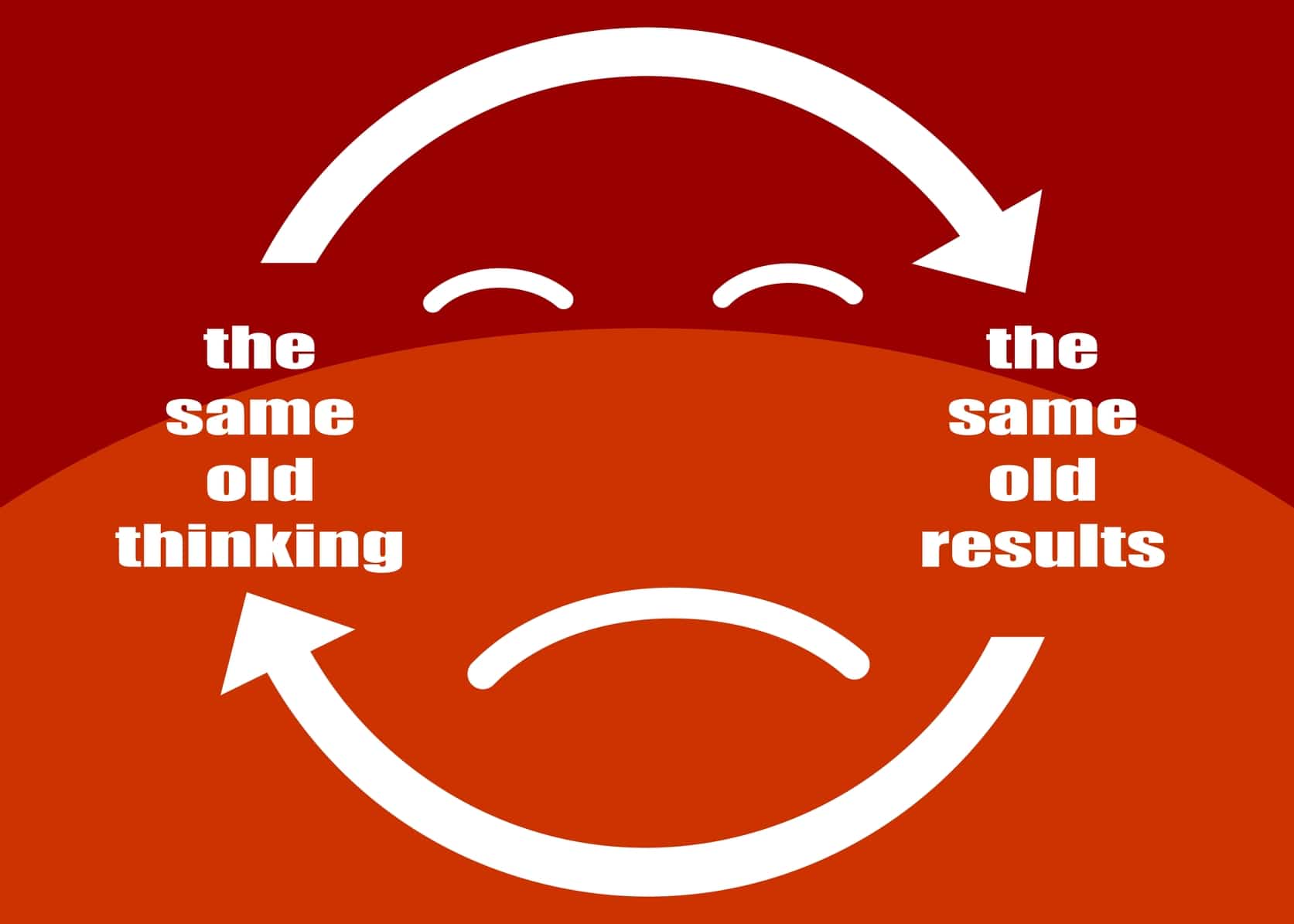 The old saying indicates that fear and greed are the emotions that dominate markets.
The old saying indicates that fear and greed are the emotions that dominate markets.
Eliminating emotion from trading is both impossible and undesirable. The “feel” for markets possessed by the best traders is a form of emotion; Antonio Damasio’s writings on this subject are must reading.
When we become very anxious or frustrated, however, our assessments of risk and reward are impaired: that is the enduring message of behavioral finance research. Regional cerebral blood flows no longer activate those executive parts of the brain responsible for planning, judgment, and decision-making. Rather, we regulate our motor activity as part of “flight or fight”. In the flight mode, we flee from risk and inhibit trading decisions. This leads to immediate safety, but also missed opportunity. In the fight mode, we confront risk and activate trading decisions. This leads to the relief of taking decisive action, but also poses increased possibilities of loss.
With market volatility at record levels, it’s not unusual to experience outsized losses when trades are wrong. These losses place a figurative magnifying glass on our flight or fight responses, activating stress modes at exactly the times we want to be most deliberate and planful. (more…)




 The old saying indicates that fear and greed are the emotions that dominate markets.
The old saying indicates that fear and greed are the emotions that dominate markets. 

 Don’t think about what the market’s going to do; you have absolutely no control over that. Think about what you’re going to do if it gets there. In particular, you should spend no time at all thinking about those rosy scenarios in which the market goes your way, since in those situations, there’s nothing more for you to do. Focus instead on those things you want least to happen and on what your response will be
Don’t think about what the market’s going to do; you have absolutely no control over that. Think about what you’re going to do if it gets there. In particular, you should spend no time at all thinking about those rosy scenarios in which the market goes your way, since in those situations, there’s nothing more for you to do. Focus instead on those things you want least to happen and on what your response will be
